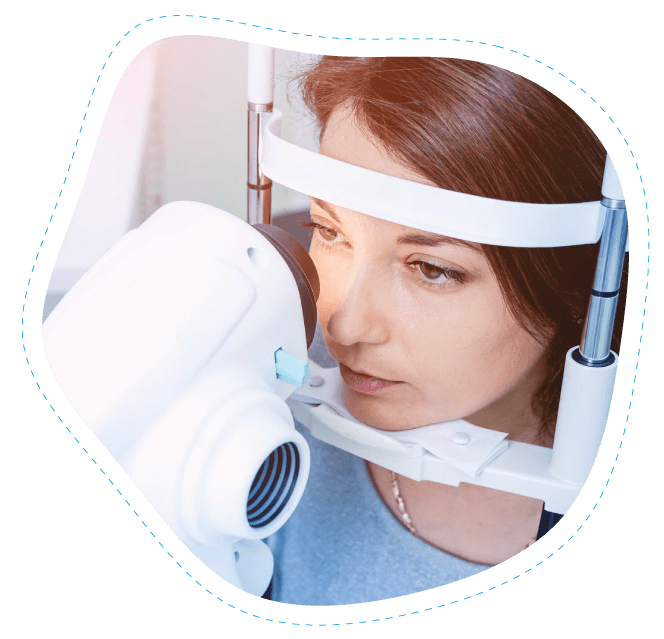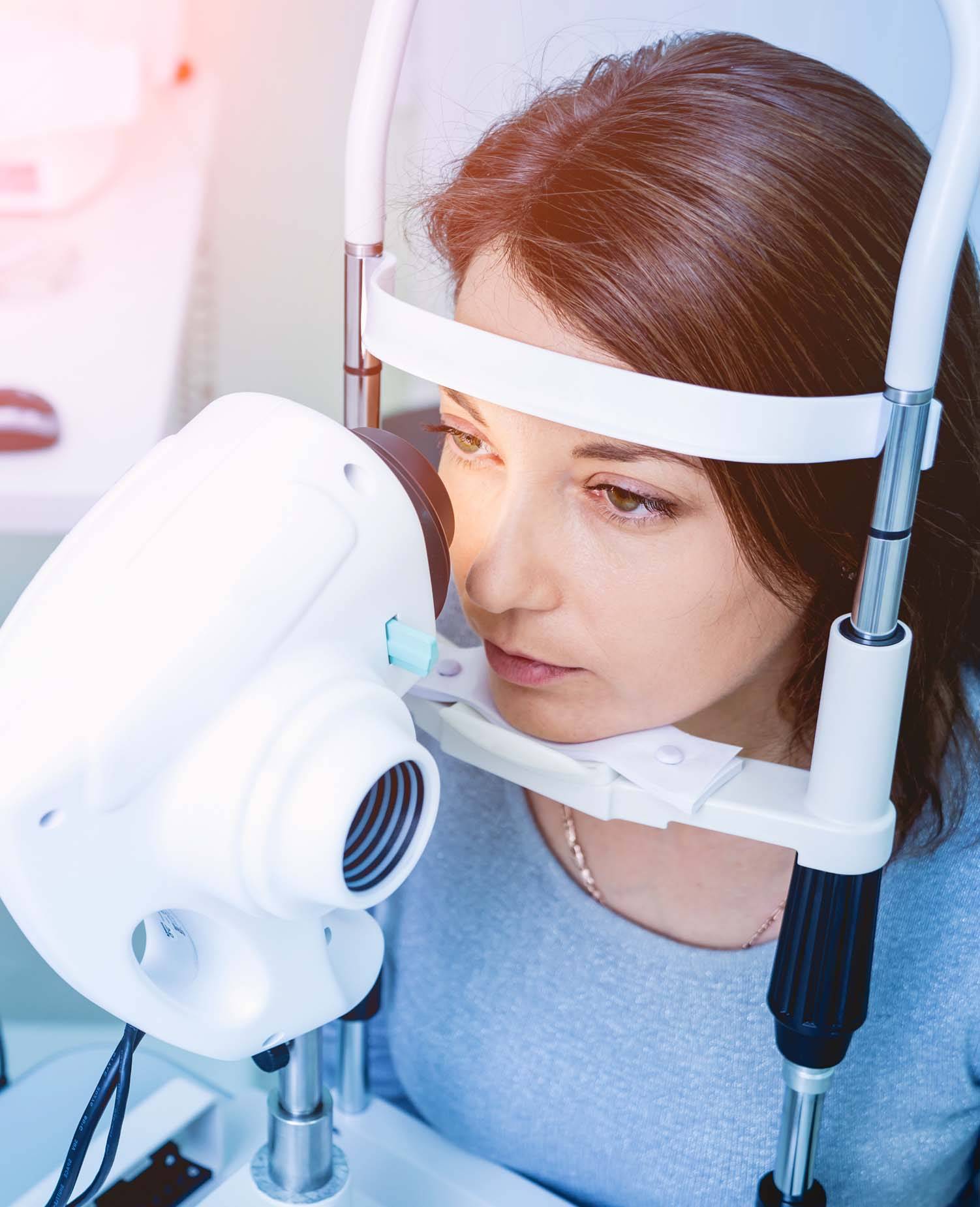
Laser vision correction, a sophisticated medical procedure, transforms ocular focus capabilities through precise corneal reshaping. This technique, embracing the latest in laser technology, offers a remedy for individuals grappling with myopia, hyperopia, or astigmatism. Initially, patients undergo a comprehensive evaluation to ensure suitability for the eye laser surgery. Subsequently, specialized lasers meticulously sculpt the cornea, fundamentally improving the eye’s ability to process visual information. Consequently, many experience a significant enhancement in visual acuity, with a vast number relying less on corrective eyewear. Therefore, this advancement marks a pivotal moment in ophthalmic treatment, broadening horizons for those with refractive errors.
Who is Suitable for Eye Laser?
Eye laser surgery emerges as a beacon of hope for individuals over 18, seeking visual liberation from corrective eyewear. It stands as an optimal choice when one’s vision prescription showcases stability for approximately two years. However, for those with notably high prescriptions or advancing age, lens surgery might be advisable.
- Laser surgery is apt for adults over 18 with stable prescriptions.
- Lens surgery benefits those with high prescriptions or older adults.
Therefore, this procedure signifies a pivotal step towards visual independence, offering a tailored solution that aligns with the unique ocular needs of each candidate. Hence, eye laser surgery delineates a path to enhanced vision, crafted for the suitable aspirant.
Sir Elton John, renowned for his vibrant eyewear, embraced laser eye surgery over 16 years ago, achieving visual liberty. Yet, he preserves his iconic style during performances, donning from his vast collection of 4000 glasses, a nod to his signature flamboyance despite his corrected sight.
Procedure Details
Operation Time
15 – 20 minutes
Hospital Stay
None
Hotel Stay
1 – 2 days
Healing Time
1 – 3 days
Risks of the Surgery
According to Dan T. Gudgel and medical reviewers, while LASIK surgery offers many a chance at clear vision, it carries inherent risks. As with any surgical procedure, the potential for complications exists, although serious adverse effects remain uncommon. Noteworthy is the reality that, despite the high satisfaction rates among patients, not all outcomes are without issues. Reports of serious consequences, including suicidal cases, have surfaced, yet these instances lack a solid foundation in research indicating a direct causation.
Moreover, according to a significant study approved by the FDA, the Modern LASIK Outcomes of 2016, the majority of patients achieve 20/40 vision or better. Additionally, according to the same body of research, side effects, while usually temporary, can affect patients. These may include:
- Blurred vision
- Night vision challenges
- Dry eye symptoms
- Glare and halos around lights
- Sensitivity to light
- Discomfort or pain
- Red or pink patches on the eye white
For a minimal number, these symptoms persist over the long term. Ongoing studies by ophthalmologists and researchers aim to enhance patient satisfaction and minimize such side effects. According to a 2017 FDA data analysis, advancements in laser technology have significantly mitigated undesirable side effects compared to earlier models.
The American Academy of Ophthalmology stresses the importance of patient education regarding LASIK. According to their stance, not everyone is a suitable candidate, and a thorough consultation with an ophthalmologist is essential. Their partnership with the FDA in 2008 resulted in the creation of comprehensive guides and questions for those considering the procedure. The Academy’s commitment, as described by their experts, is to continual assessment and development of educational resources to assist both patients and medical professionals in making informed decisions about eye laser surgeries.
Will my vision defect number be zero after laser surgery?
Laser treatment Eye laser surgery is very safe when given to appropriate patients under the right conditions. What is in this process is to determine the treatment process with the right laser technology by considering your eye structure. If you go with this planning, your vision defect will not progress again. Your doctor will not offer you laser surgery if the number remains in your eyes or will come back.
How long does laser surgery last?
Laser surgery takes approximately 5-10 minutes. Post-operative slight burning, stinging, watering happens. The next day you are called for a check and you can return to your daily life after the check.
Does cataract develop in the future after laser surgery?
Cataract disease has nothing to do with laser. Cataract is an aging disease caused by aging of the lens. Laser surgery does not prevent cataract surgery when needed.

Who Can Have Laser Surgery?
- People over the age of 18 who wear glasses or lenses
- Eye degrees have not changed more than 0.50 diopters in the last 1 year
- Myopia – up to 10
- Hypermetrops up to +4
- Astigmatism up to -6
- Corneal tissue thickness is sufficient
- No systematic diseases such as diabetes, rheumatism
- No other disease (corneal tapering, eye pressure, etc.) in the eyes
- As a result of detailed examinations and examinations to be performed, people whose eye structure is suitable for surgery can be treated with laser.
Results of Eye Laser
According to the research by George D. Kymionis and colleagues, eye laser procedures such as PRK and LASIK offer effective refractive correction for patients with corneas thinner than 500 microns. The study, drawing on a long-term, retrospective analysis, demonstrates the efficacy and safety of these surgical methods. With a patient group comprising both genders, the results were compelling. Specifically, the study observed:
- No intraoperative complications in either procedure.
- No development of postrefractive corneal ectasia post-surgery.
The findings suggest a high degree of accuracy in the correction of myopic conditions. The predictability of the PRK procedure, marked by an average deviation of just 0.08 diopters, underscores the precision of the treatment. Similarly, LASIK showed a mean predictability of 0.14 diopters. These statistics reflect a consistent outcome across a range of preoperative corneal thicknesses, from as low as 453 microns to just under 500 microns.
Furthermore, the absence of complications during operations reinforces the conclusion that these treatments are robust options for individuals with thinner corneas. The study’s long-term perspective enhances the credibility of these findings, suggesting that such corrective surgeries are not only initially successful but also stable over time.
How Much Does Eye Laser Cost in Istanbul, Turkey?
The cost of eye laser treatment varies significantly based on several factors. This variance is primarily due to the diverse range of technologies and procedures available in the field. Advanced technologies often carry a higher price tag. For example, state-of-the-art equipment, known for its precision and effectiveness, inevitably increases the cost of treatment. This is a reflection of the investment clinics make to offer cutting-edge solutions.
Another significant factor is the type of procedure selected. Standard procedures, while effective, are generally more affordable. In contrast, specialized techniques like the ReLEx SMILE, which is known for its minimally invasive approach, tend to be more costly. This price difference is attributed to the unique benefits and complexities associated with such advanced procedures.
Factors affecting the cost of eye laser treatment:
- Prescription & Complexity: Clinics often adjust their pricing based on the patient’s prescription level and the complexity of their case. Higher prescriptions and more complex cases typically require more resources, thereby increasing the cost.
- Surgeon’s Skill: The expertise of the surgeon plays a crucial role. Surgeons with extensive experience and skill are likely to charge more, reflecting their proficiency and the demand for their services.
- Clinic Selection: The choice of clinic impacts the overall cost. Each clinic has its own pricing structure, influenced by location, reputation, and the range of services offered.
- Aftercare Costs: Post-treatment care is an essential part of the process. The expenses related to recovery and aftercare contribute to the total cost, encompassing everything from follow-up visits to medication.










